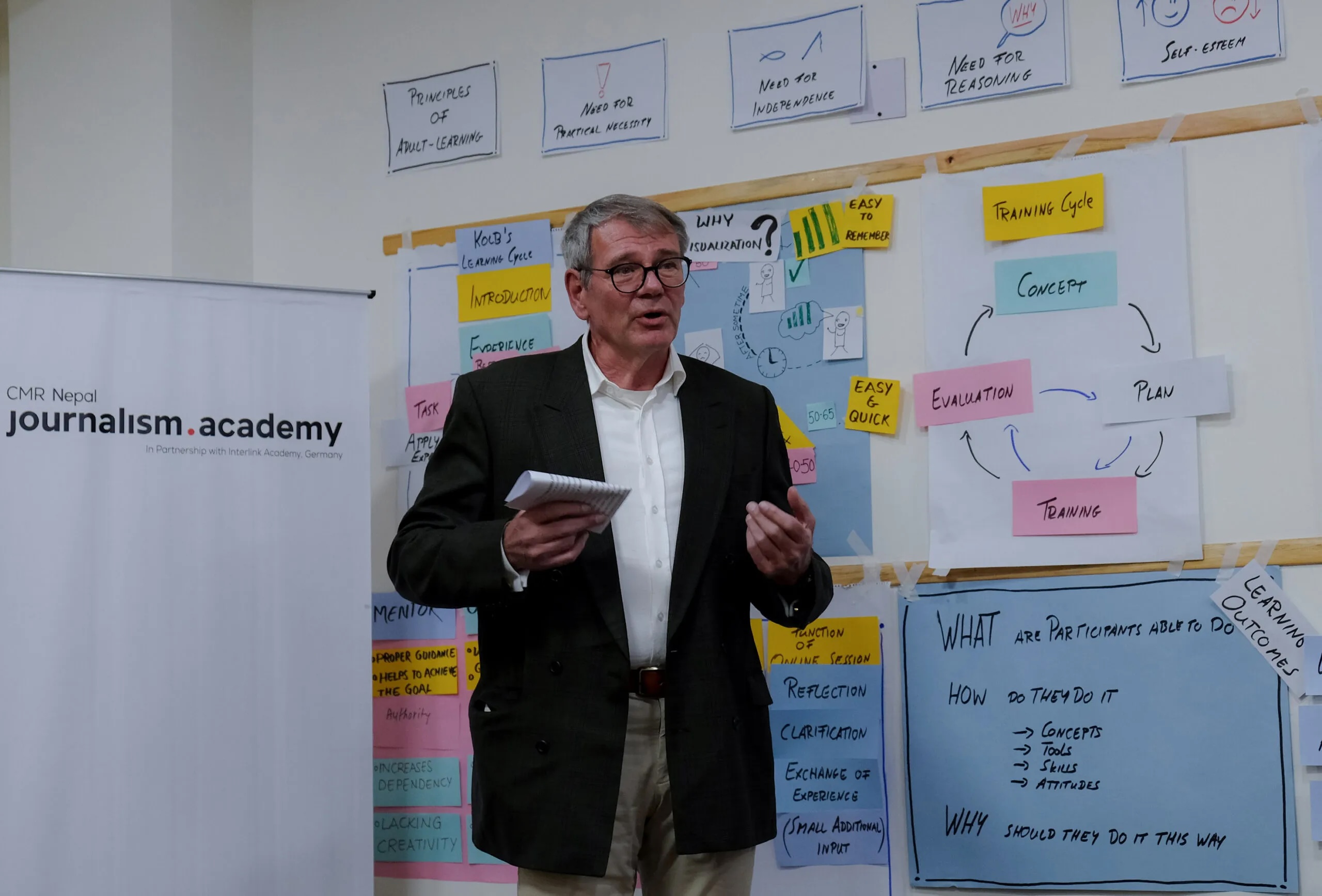German Ambassador's Concerns Over Chinese Influence on Nepali Media

Kathmandu – In a statement issued in December 2022, the German Ambassador to Nepal, Dr. Thomas Prinz, expressed significant concerns regarding the influence of China on Nepali media. Ambassador Prinz alleged that content in Nepali media outlets was increasingly being shaped by Beijing, raising anxieties about the extent of Chinese control over Nepal's press freedom.
Contextualizing the Allegations (December 2022 - July 2024):
Dr. Prinz's remarks came amid growing international attention on China's foreign policy and its efforts to expand its media influence globally. His concerns highlighted anxieties that Nepal's media independence was under threat as China attempted to manipulate the media narrative to serve its own interests. This issue is particularly relevant today, in July 2024, as China continues to face criticism for its handling of the COVID-19 pandemic and its human rights record.
China's influence in Nepal has been steadily growing in recent years, fueled by significant investments and infrastructure projects undertaken under the Belt and Road Initiative (BRI). While these projects offer economic benefits, they often come with stipulations, potentially leading to increased political and media influence by China in participating countries.
Reactions and Ongoing Implications:
Ambassador Prinz's allegations sparked considerable debate in Nepal. Media professionals and analysts continue to grapple with the question of how much control China exerts over their editorial independence. Concerns persist about the potential consequences for freedom of speech and the press in Nepal, a nation that takes pride in its democratic values.
The German Ambassador's statements mirrored anxieties expressed in other countries. China's media influence strategy has been documented in Africa, Southeast Asia, and Latin America, where similar patterns of Beijing shaping local media narratives have been reported.
The Current Geopolitical Landscape (July 2024):
The situation in Nepal reflects the broader geopolitical dynamics at play in July 2024. The US and European nations are adopting a more assertive stance against China's expanding influence. The COVID-19 pandemic has intensified this scrutiny, with global leaders criticizing China's handling of the outbreak and its subsequent attempts to control the media narrative.
Furthermore, China's human rights record, particularly regarding the Uyghur population and the crackdown in Hong Kong, continues to attract widespread condemnation. These issues add complexity to how countries like Nepal manage their diplomatic and economic ties with China.
Looking Ahead: Uncertainties and the Need for Safeguards
The future of media independence in Nepal remains uncertain. It hinges largely on the resilience of Nepali media organizations and their capacity to resist external pressures. Increased vigilance and potentially new regulations are crucial to safeguard press freedom from foreign influence.
Nepal's strategic location between China and India makes it a focal point in the ongoing geopolitical competition. The nation's approach to managing its media landscape in this context could set a precedent for other countries facing similar challenges.
Conclusion: A Global Struggle for Media Independence
The German Ambassador's concerns about Beijing's influence on Nepali media have exposed a critical issue of our time – the fight for media independence in the face of powerful geopolitical actors. As Nepal navigates this complex landscape,the broader implications for democracy and freedom of expression remain significant, resonating with the global narrative of resisting undue influence and preserving independent media landscapes.
China In Nepal



![From Kathmandu to the World: How Excel Students Are Winning Big [Admission Open]](https://nepalaaja.com/img/70194/medium/excel-college-info-eng-nep-2342.jpg)
